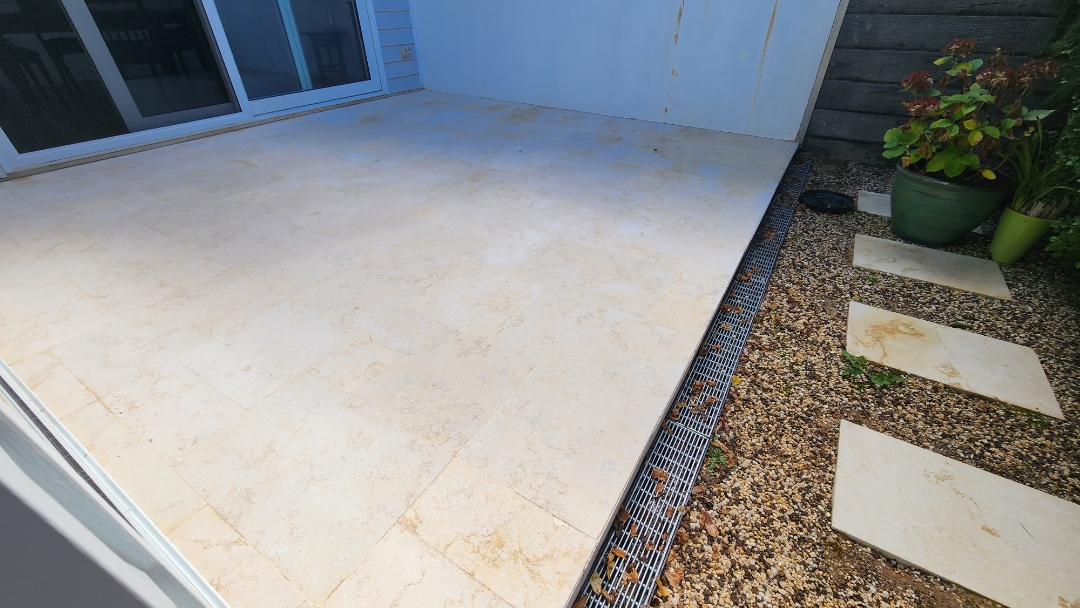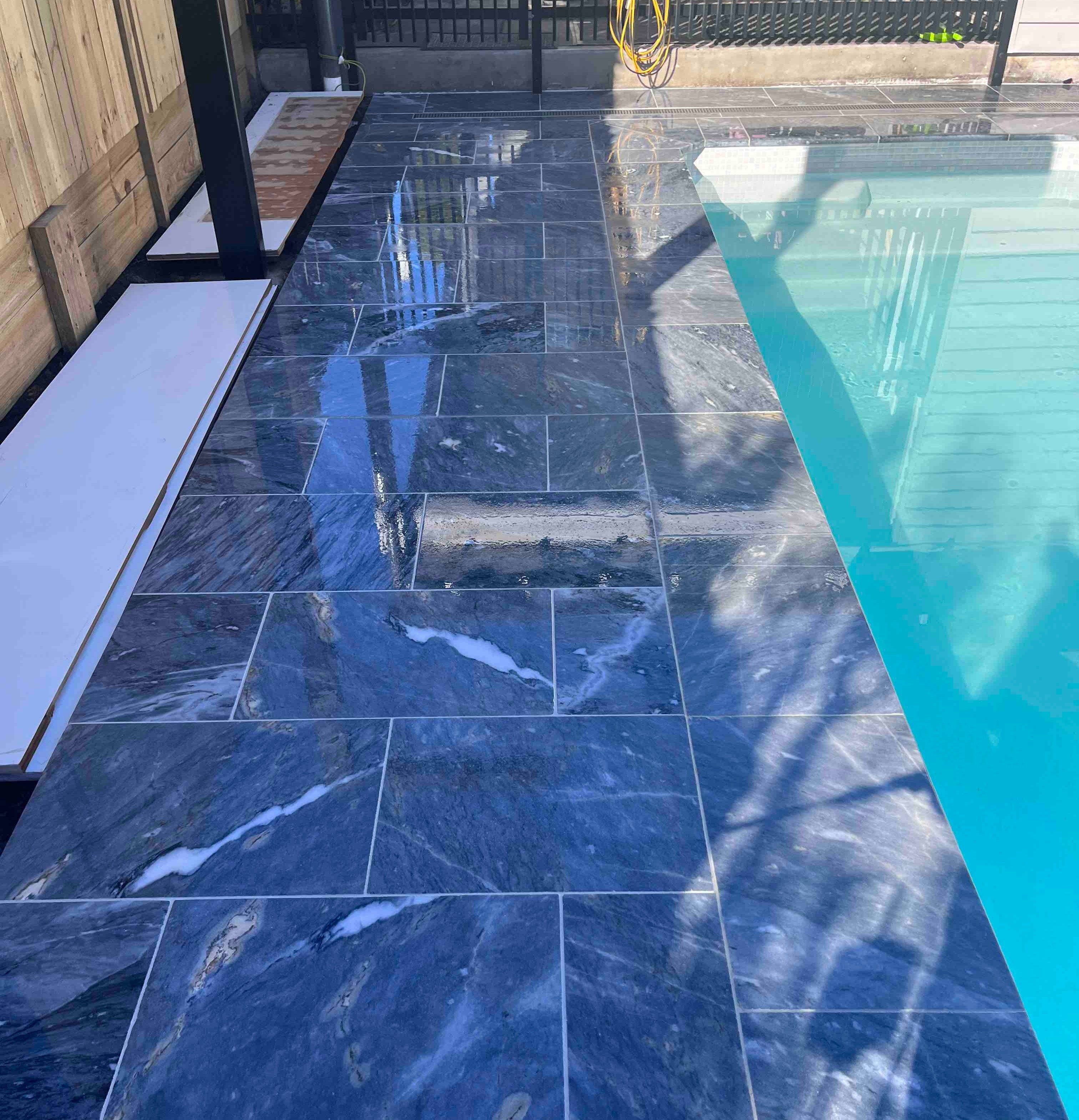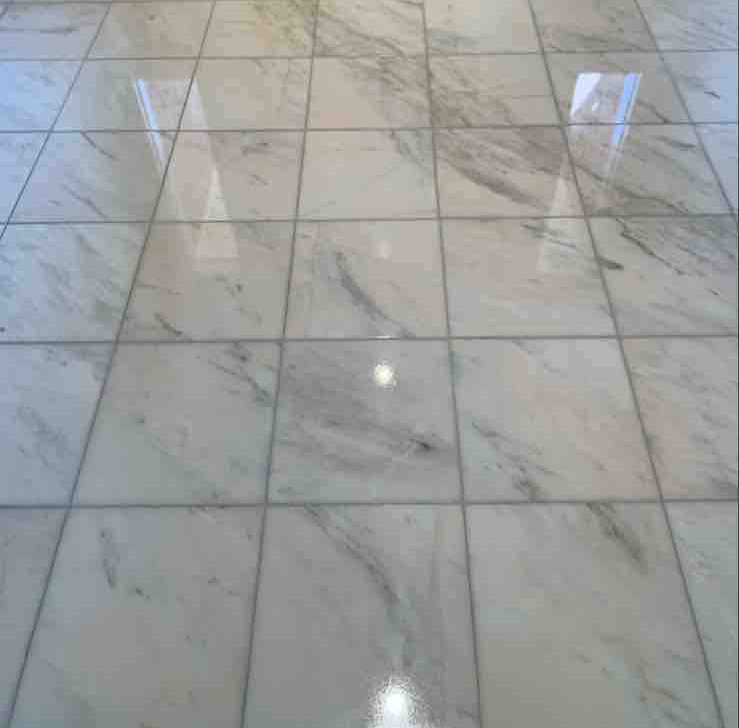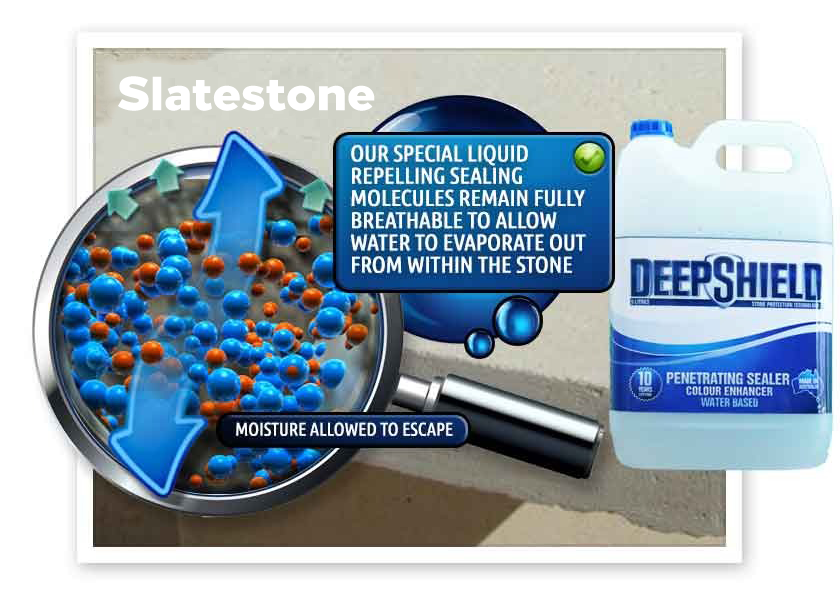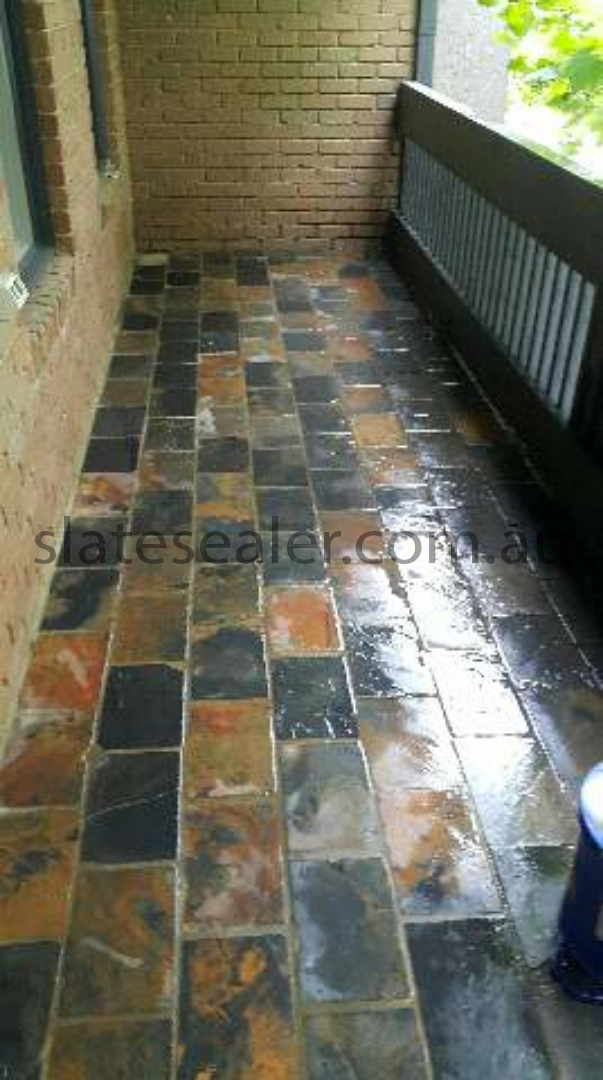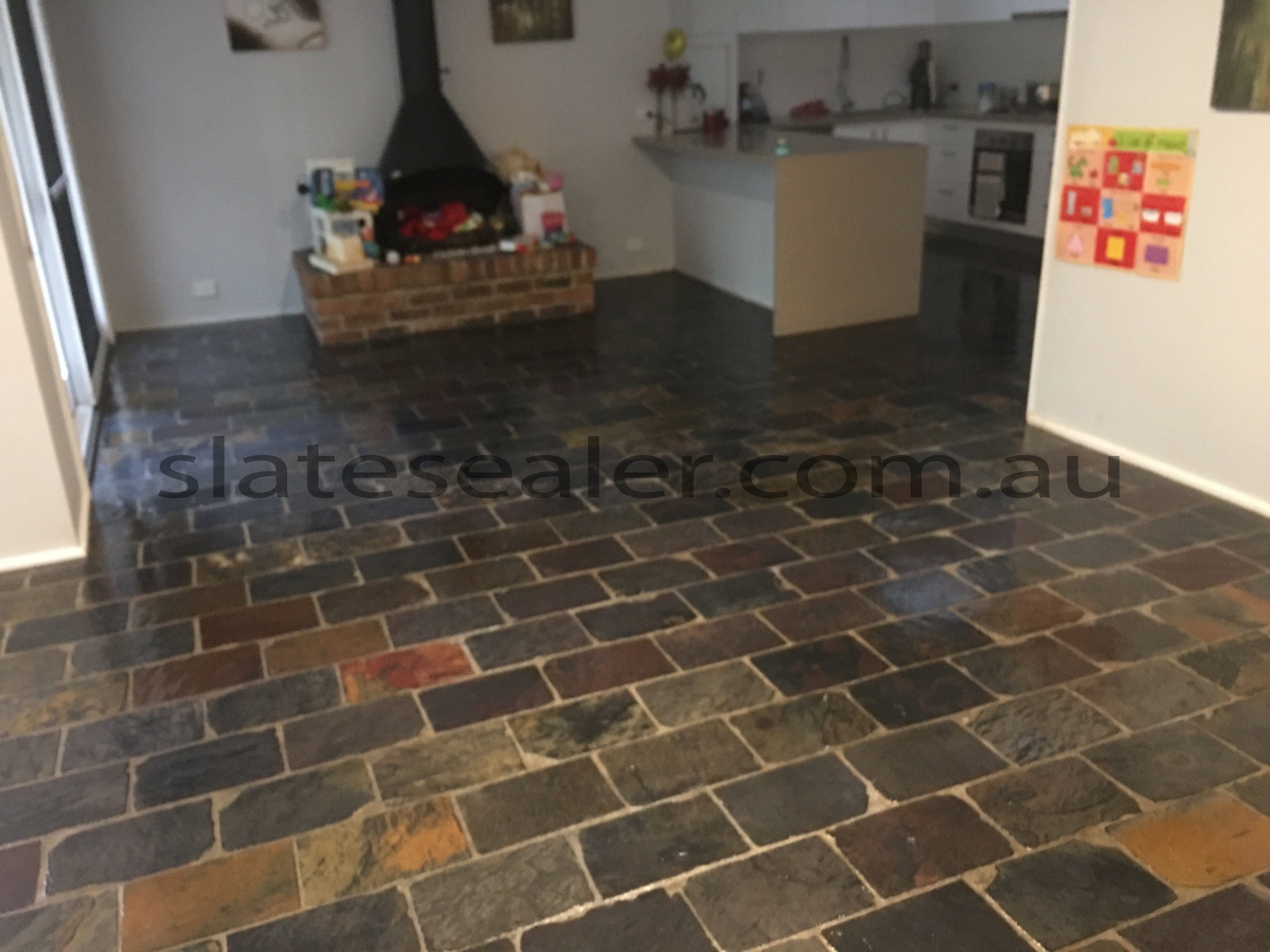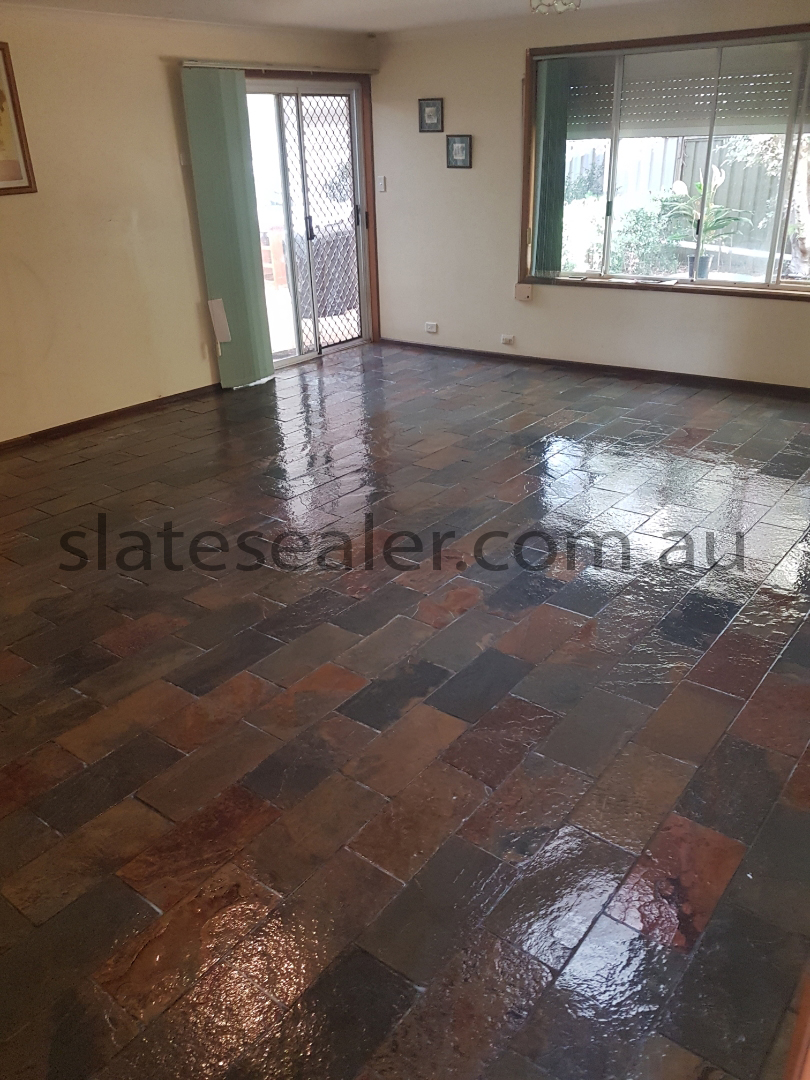These visible salt deposits are primarily composed of water-soluble salts sourced from various origins.
For efflorescence to develop in Clarence, water is required to dissolve and transport the salts. Additionally, there must be channels through which the water can transport and migrate the salts to the surface. The density of the slatestone influences this process: denser slatestone impedes water's ability to transport salts, while more porous slatestone facilitates easier salt transportation and deposition.
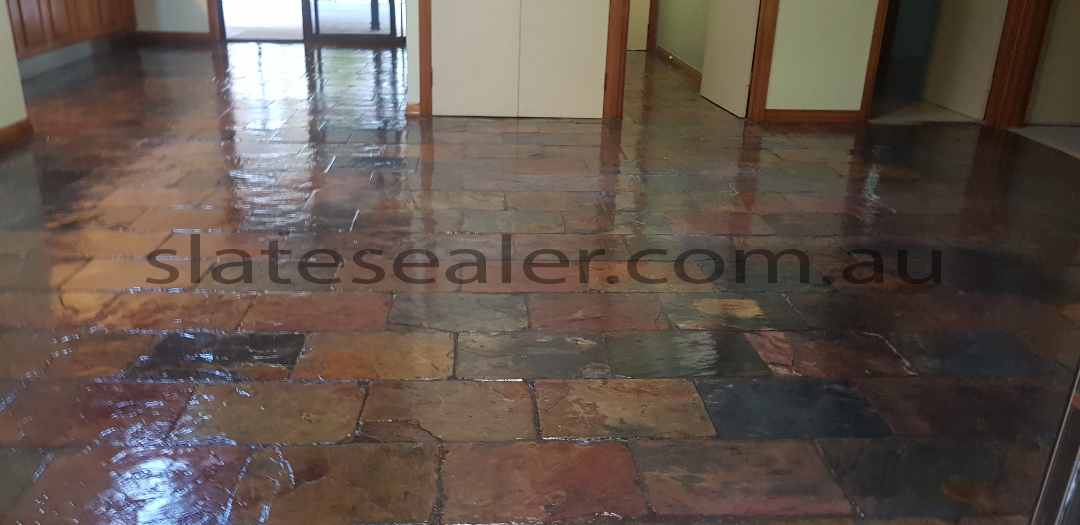
When salt-bearing water reaches the surface of slatestone in Clarence in a structure, it evaporates, leaving behind salt deposits. In low humidity conditions, water may evaporate before reaching the surface, resulting in salt deposits beneath the surface, unseen. Conversely, in high humidity conditions, slower water evaporation provides more opportunities for visible growth of efflorescence on the surface.
Efflorescence requires two essential conditions to occur in Clarence:- Presence of water-soluble salts within the slatestone.
- Movement of water through the material, carrying the salts towards the surface. As the water evaporates, it leaves behind the characteristic white powder, known as efflorescence.
- Increased permeability, promoting water movement through the material.
- Higher concentrations of water-soluble salts in certain batches.




